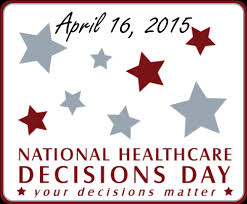 Conversations about money, death and dying wishes become tangled up in strong emotions surrounding these matters. A strategic approach might be helpful.
Conversations about money, death and dying wishes become tangled up in strong emotions surrounding these matters. A strategic approach might be helpful.
Every family is different, but almost every family struggles with conversations about wills, estate planning and money. A recent article in The Chicago Tribune, “Have the estate planning talk,” advises a thoughtful approach while letting you know that this is hard for everyone.
This is a tough topic because feelings and money get tied up. Money in many instances can conjure feelings of control (or lack of it), dignity, shame, fear, or a lack of confidence. Many conversations go south quickly. For example: if an adult son asks his mother if she and his father have recently updated their wills, he might be met with a response such as, "Why? Are you hoping we’ll die soon, so you can use your inheritance to finally pay off that huge mortgage we warned you not to take?"
 Houston Estate Planning and Elder Law Attorney Blog
Houston Estate Planning and Elder Law Attorney Blog









